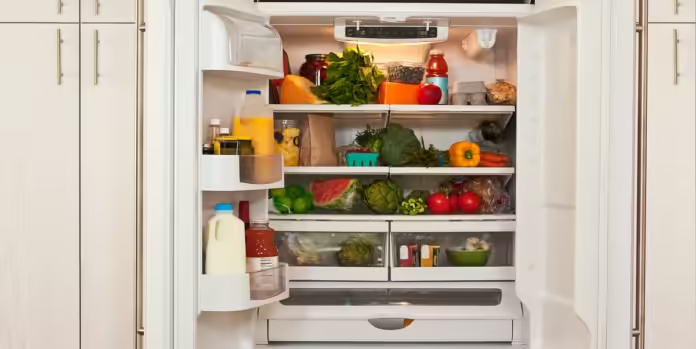Just because you place something in the refrigerator, it doesn’t mean it’ll last forever. And how disappointing it is to discover the berries or sandwich meat you bought only a few days ago has already gone bad! To avoid this, rely on our guide below: We’ll explain which foods have a short life in the refrigerator along with tips to help keep them fresher.
As part of the list, you’ll find unexpected items such as watermelon, hard-boiled eggs, and many more. One thing’s for sure, these are common essentials, so you’re going to want to take notes as there’s a strong chance you have several of these household staples in your own fridge right now. Scroll on, pay attention, and don’t end up with moldy or rotten food!
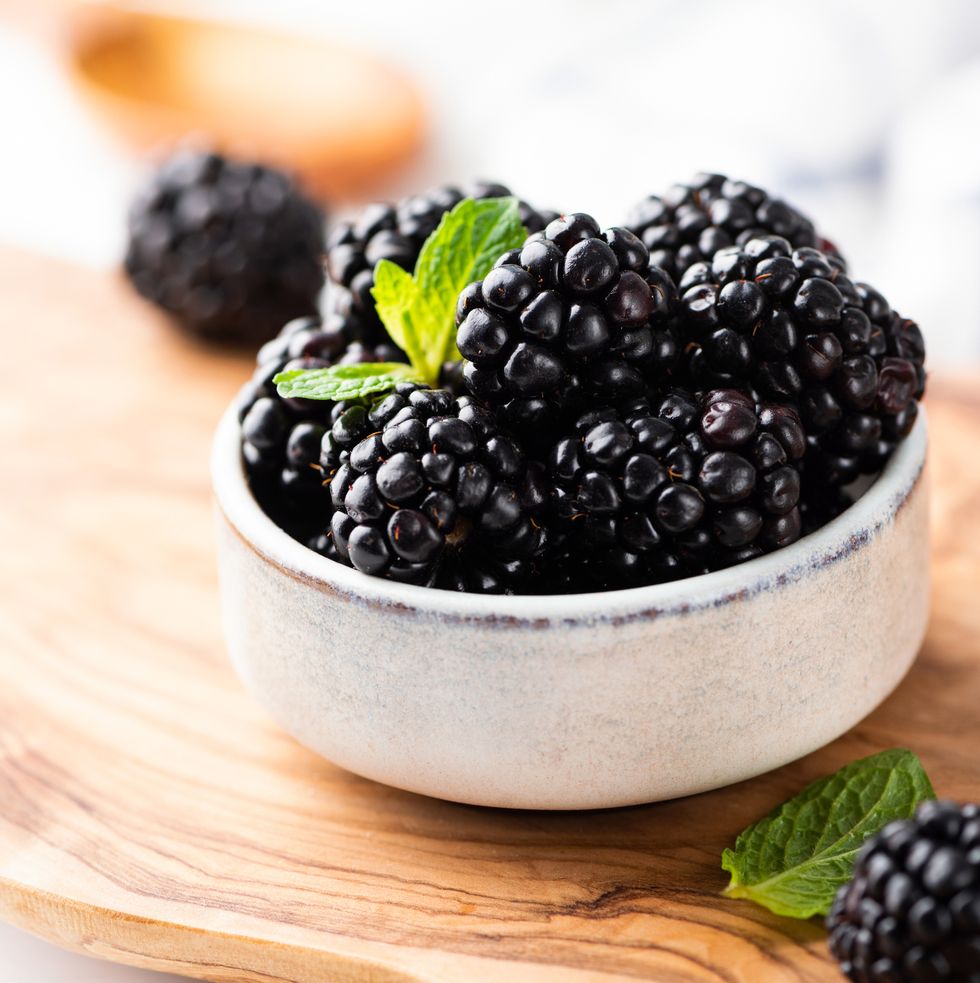 Arx0nt//Getty Images
Arx0nt//Getty Images
1
Organic Blackberries
First up are organic blackberries. “Since organic blackberries aren’t treated with pesticides or insecticides, their thin skin and high water content make them highly susceptible to bacteria growth,” explains plastic surgery nutritionist and Sulinu founder Kylie Bensley, M.S., R.D.
To kill residual bacteria, wash the blackberries with vinegar and water. “Use a preservation bag to extend the shelf life of the berries and store them inside the refrigerator crisper drawer,” Bensley adds.
 LauriPatterson//Getty Images
LauriPatterson//Getty Images
2
Sliced Deli Meats
Turns out, you only have a few days to devour deli meats, so keep those sandwiches for your kids and yourself coming. “Deli meat sliced for you fresh in the store lasts three to five days in the fridge but commercially packaged deli meat is at five to seven days,” says Amanda Sauceda, M.S., R.D. “Both of these are pretty short!”
If you know you aren’t going to use up all your deli meat in that time frame, you can freeze it. “This way it doesn’t spoil and you stay safe,” she points out.
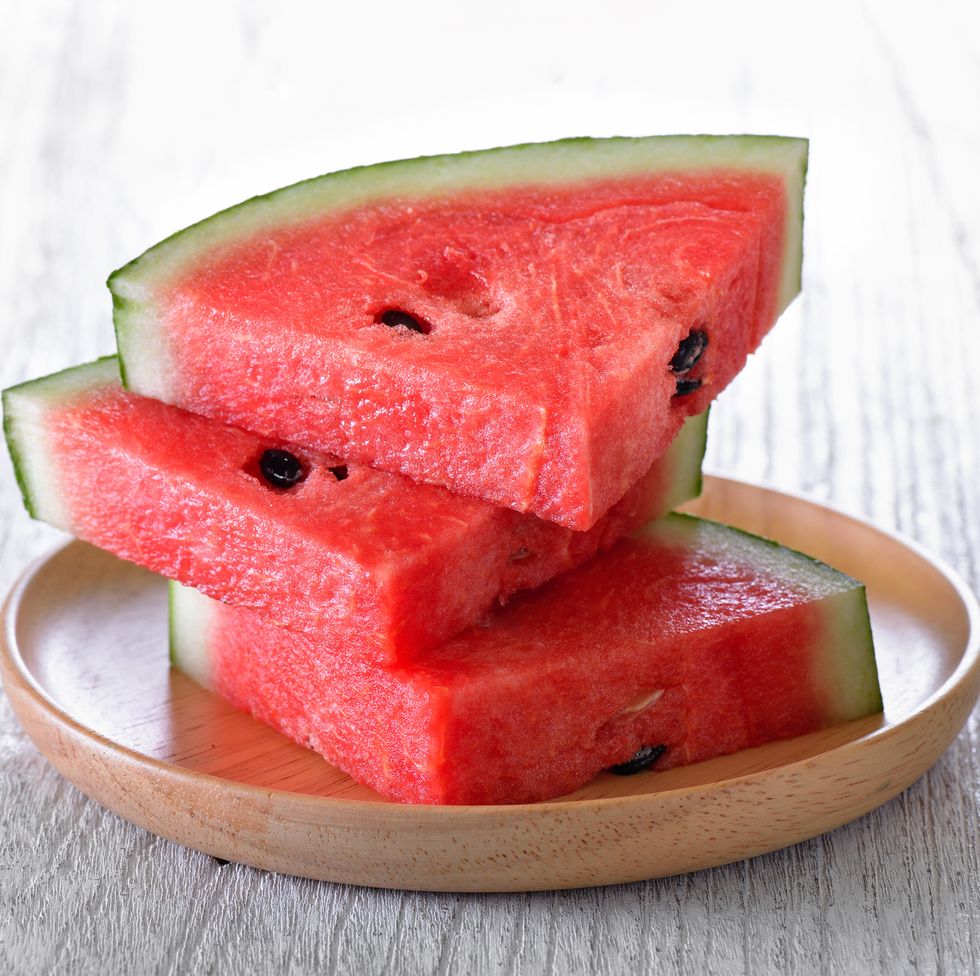 Iulian Nistor / 500px//Getty Images
Iulian Nistor / 500px//Getty Images
3
Cut Watermelon
The key to extending the life of a watermelon is to not cut into it until you’re ready to eat it within the next few days. “In its whole form, watermelon has a long fridge life, but once cut, it’s highly perishable,” warns Bensley. “Once sliced, the water is lost out of the flesh and loses its sweet flavor.”
For whole-store ripe watermelon, you can keep it for up to a few weeks and to preserve the flavor of cut pieces, keep them in an airtight container and eat the fruit in three to five days.
Advertisement – Continue Reading Below
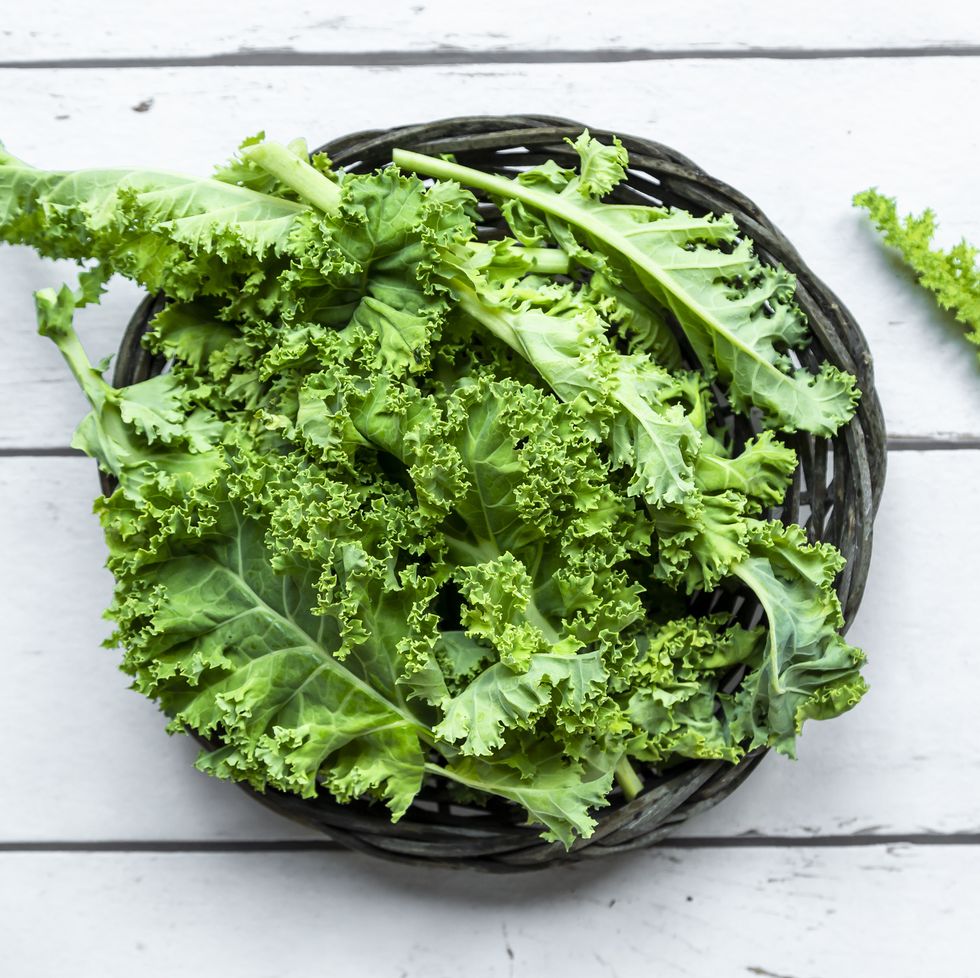 lacaosa//Getty Images
lacaosa//Getty Images
4
Kale
According to nutritionist, health educator, wellness specialist, and author Adita Lang, stalks of kale will last about three days in the refrigerator. She recommends placing them in a cup of water, so they stay fresh. “The average person keeps their kale in the produce bag and throws it into the vegetable drawer,” she says. “Here, it begins to wilt and soften because it lacks adequate moisture.”
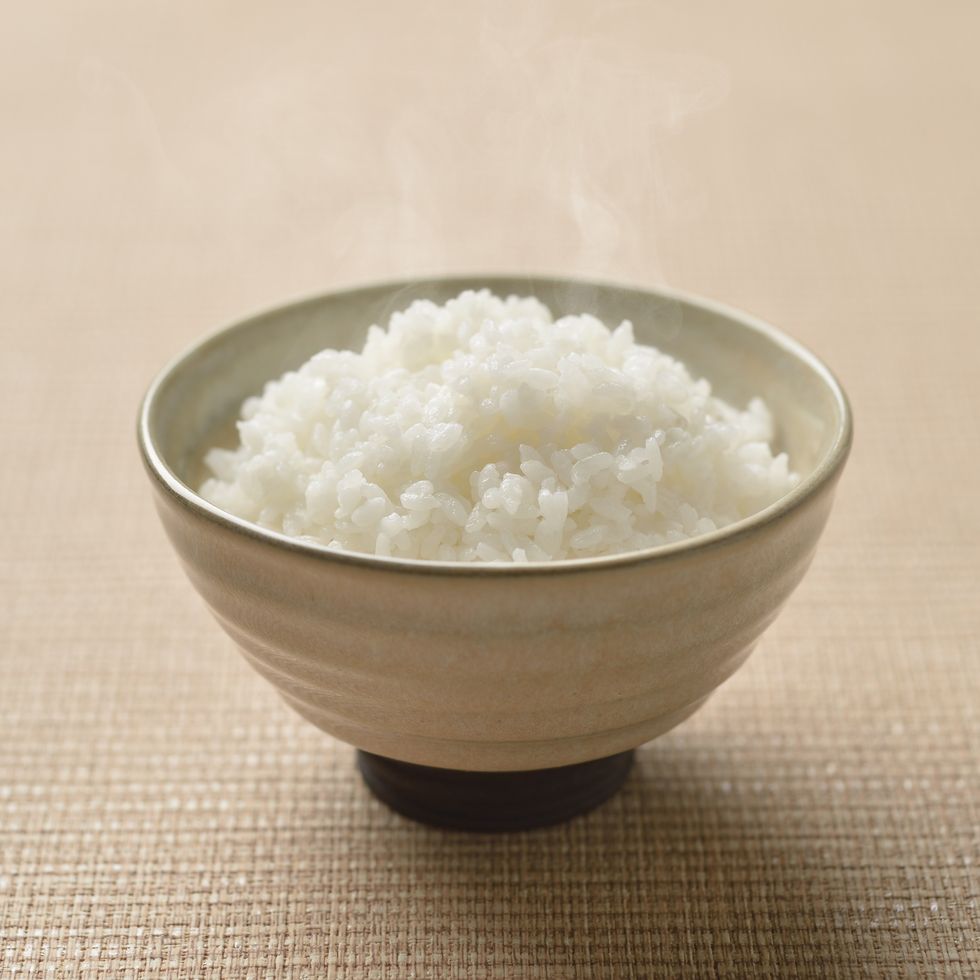 Yagi Studio//Getty Images
Yagi Studio//Getty Images
5
Cooked Rice
Bensley cautions her clients to consume rice quickly, within one to two days of cooking, which is shorter than the government recommended four to six days. “This is due to the spore called Bacillus cereus, a bacteria that causes gastrointestinal illness,” she says. “The spore is heat-resistant and doesn’t die when cooking, but it can produce bacteria as it cools or is left in the danger zone, between 40 to 140 degrees Fahrenheit.”
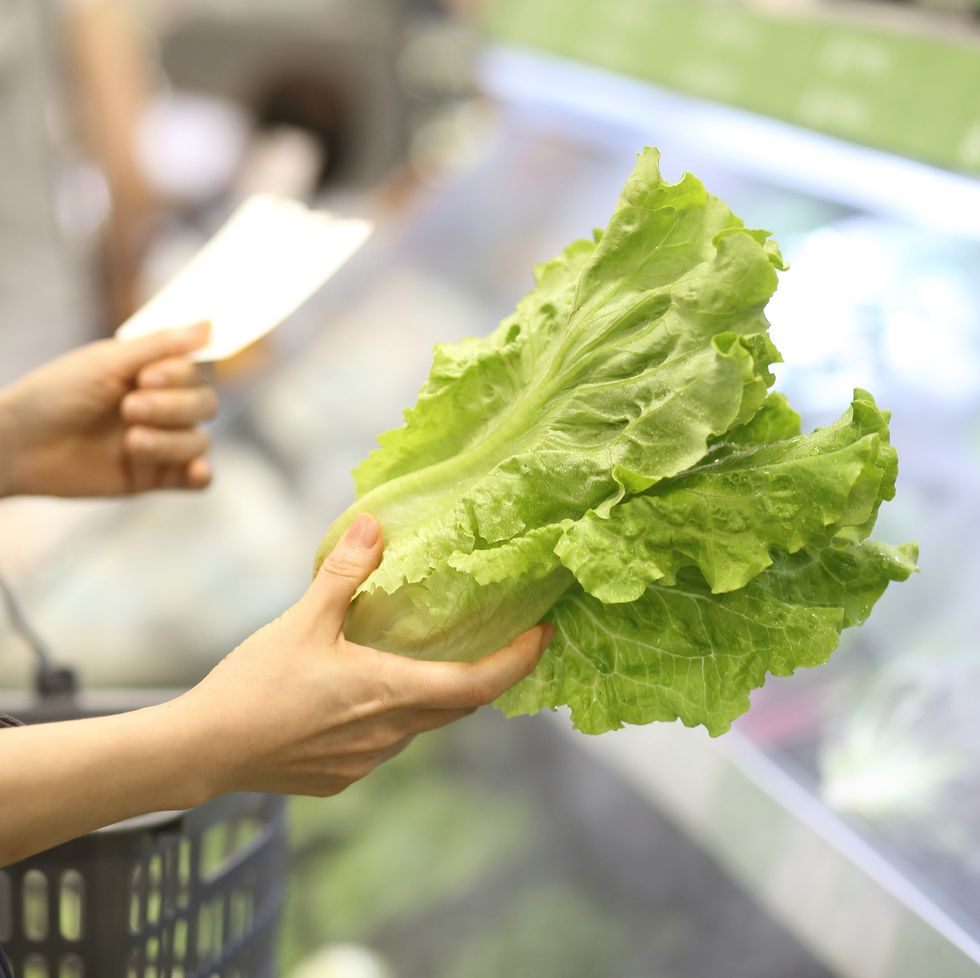 RUNSTUDIO//Getty Images
RUNSTUDIO//Getty Images
6
Lettuce
“Lettuce has a high water activity, which is essentially the ratio of the vapor pressure in a food to the vapor pressure of pure water,” notes Bensley. “The higher the ratio, the higher the chance that the water will leave the cells of the food and enter into the cells of the bacteria.”
However, lettuce can last for up to 30 days. All you have to do is wrap the leaves in foil. “Lettuce’s water activity can also be lowered by placing paper towels in a bag or container,” she continues. “The paper towels thus absorb the water loss from the lettuce leaves.”
Advertisement – Continue Reading Below
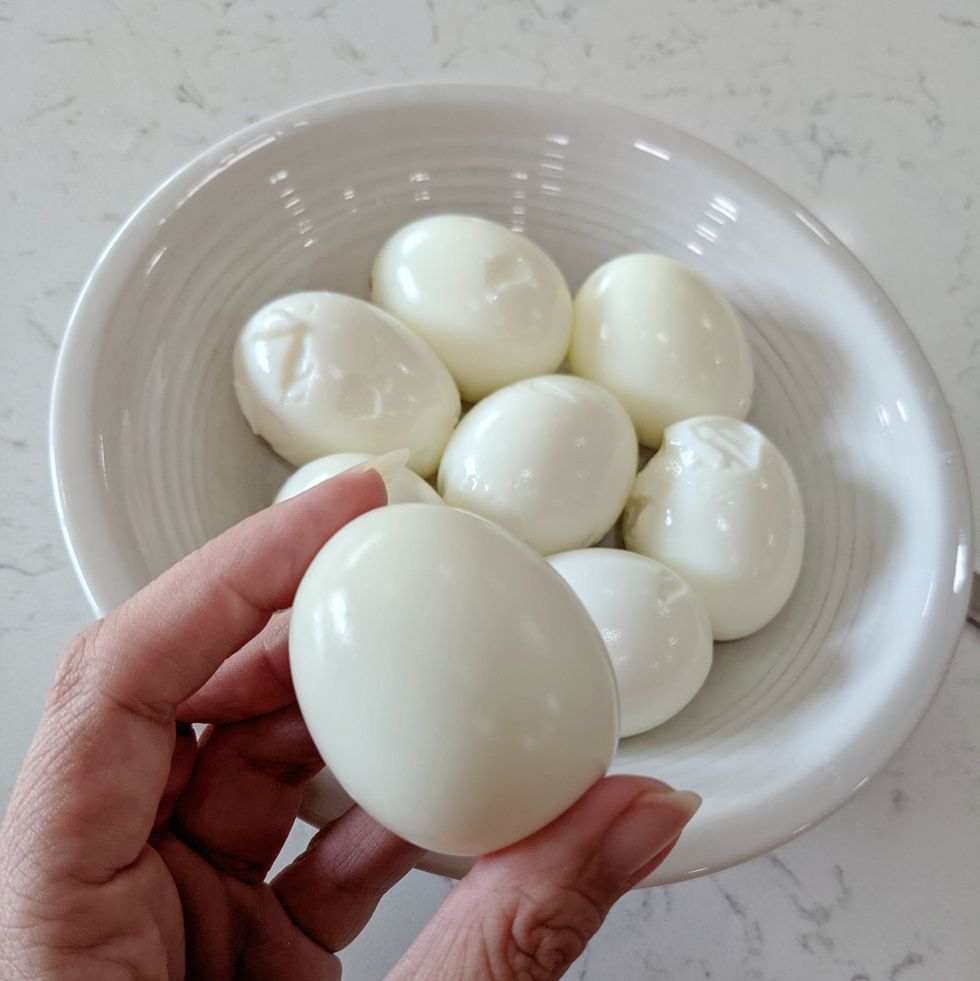 Photo by Cathy Scola//Getty Images
Photo by Cathy Scola//Getty Images
7
Hard-Boiled Eggs
While you don’t have to worry about uncooked eggs, hard-boiled ones should be consumed one week after storing in the refrigerator. “Hard-boiled eggs may harbor bacteria such as salmonella or listeria if the egg is not cooked fully (think a runny yolk or white) and since bacteria can live on the shell as well, it’s recommended to discard eggs with cracked shells before consumption,” says Kristin Kirkpatrick, president and CEO of KAK Nutrition Consulting and a registered dietitian with the Department of Wellness and Preventive Medicine at Cleveland Clinic. “Eggs need to be stored around 40 degrees or below to be considered safe from bacteria growth.”
8
Canned Fish
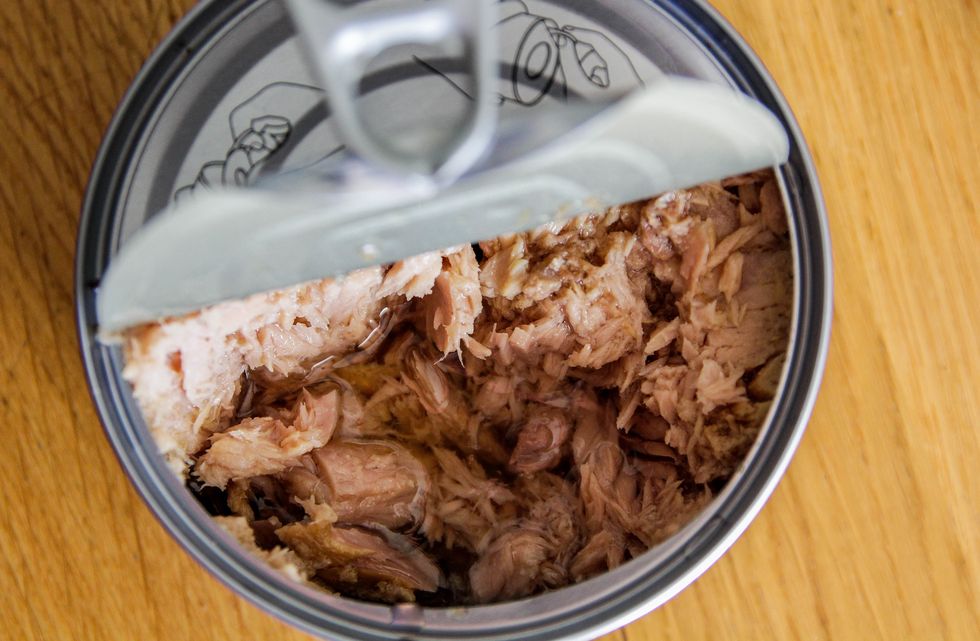 Kinga Krzeminska//Getty Images
Kinga Krzeminska//Getty Images
Finally, an unopened can of tuna or fish has quite a long shelf life, but an opened can is a different story. “Once you open the can, you expose the fish to air, bacteria, and enzyme reactions so the shelf life significantly reduces to just a few days,” explains Kirkpatrick. “Any canned product or jar like pasta sauce has a shortened shelf life once opened for the same reasons, though the shelf life can vary based on the acidity of the product. For example, foods stored in vinegar have a few more days than those that may be stored in oil.”

